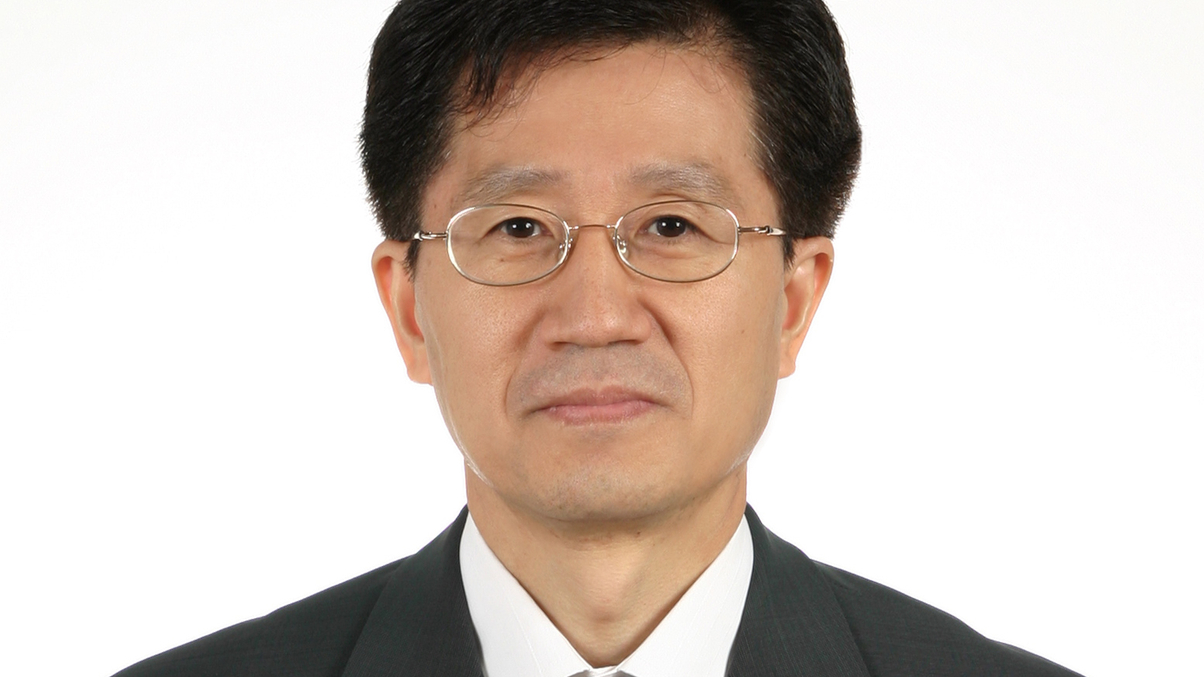Kookmin moves to boost custody business
The Korean bank’s custody unit recently upgraded its infrastructure, started working with JP Morgan and gained a couple of sizeable new clients.

Kookmin Bank is seeking to strengthen its position as South Korea's leading domestic custodian by winning more local insurance and pension clients, strengthening its international offering and striking more custody partnerships.
Sign in to read on!
Registered users get 2 free articles in 30 days.
Subscribers have full unlimited access to AsianInvestor
Not signed up? New users get 2 free articles per month, plus a 7-day unlimited free trial.
¬ Haymarket Media Limited. All rights reserved.


